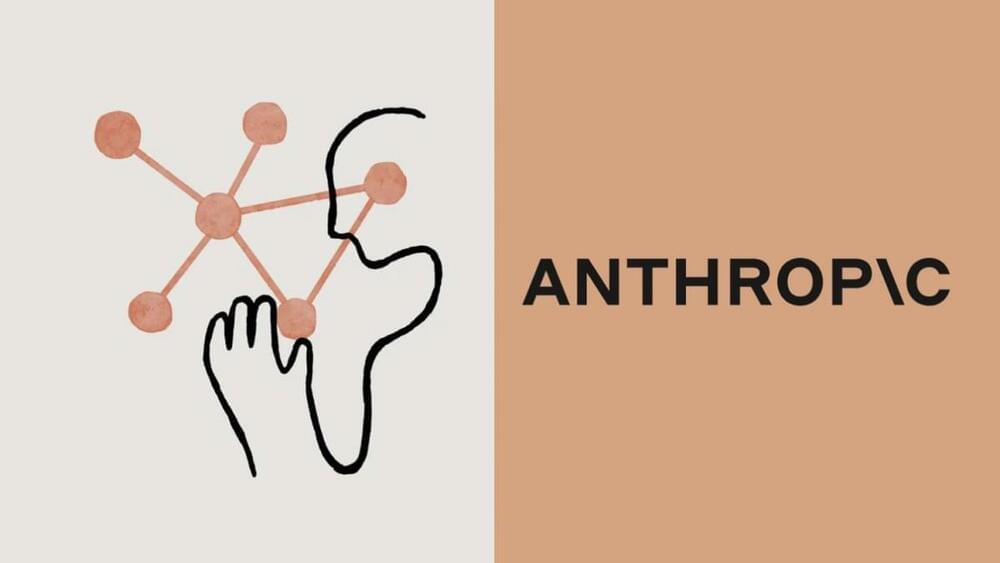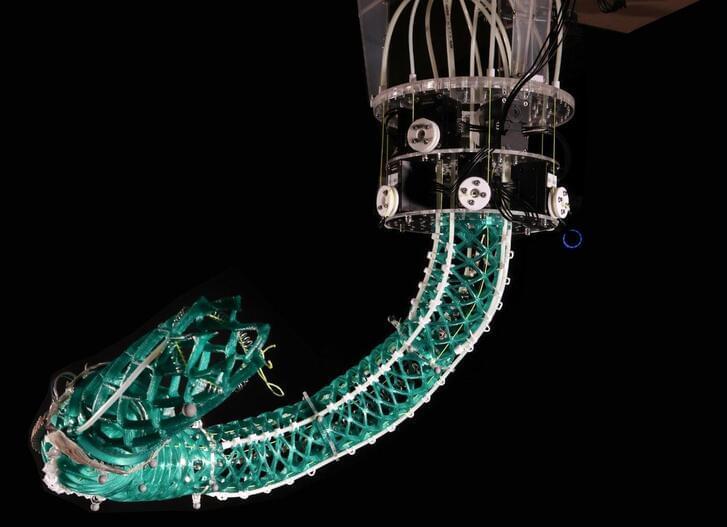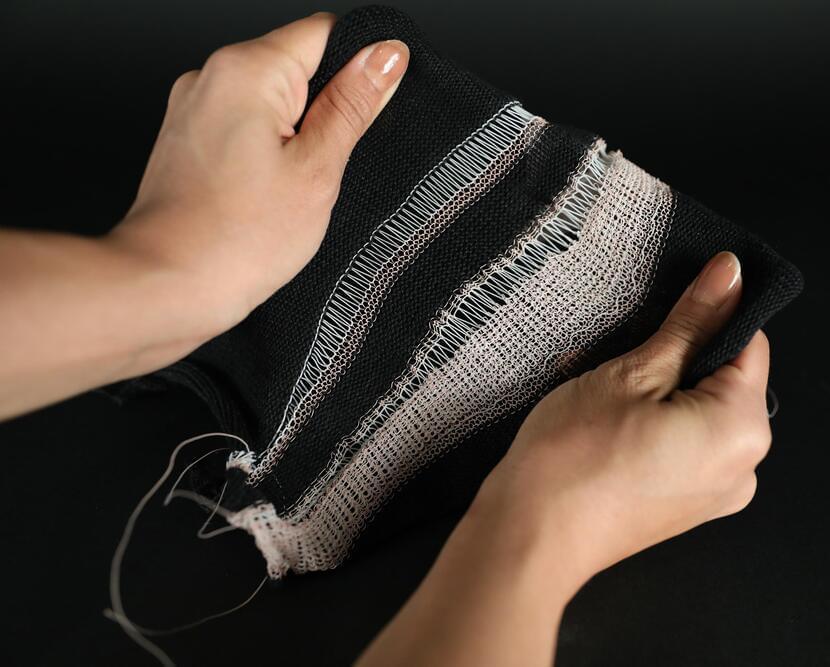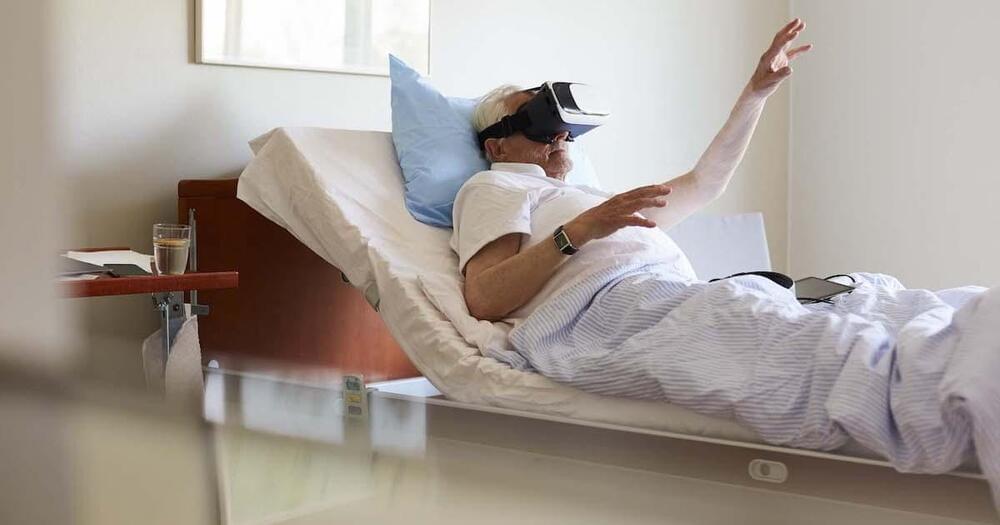New York Mayor Eric Adams doesn’t speak Spanish. But it sure sounds like he does. He’s been using artificial intelligence software to send prerecorded calls about city events to residents in Spanish, Mandarin Chinese, Urdu and Yiddish. The voice in the messages mimics the mayor but was generated with AI software from a company called ElevenLabs.
“People stop me on the street all the time and say, ‘I didn’t know you speak Mandarin,’” Adams said at a news conference this month.
Experts have warned for years that AI will change our democracy by distorting reality. That future is already here. AI is being used to fabricate voices, fundraising emails and “deepfake” images of events that never… More.
The first AI election is here. Our tech columnist proposes some ground rules for candidates’ use of artificial intelligence.









